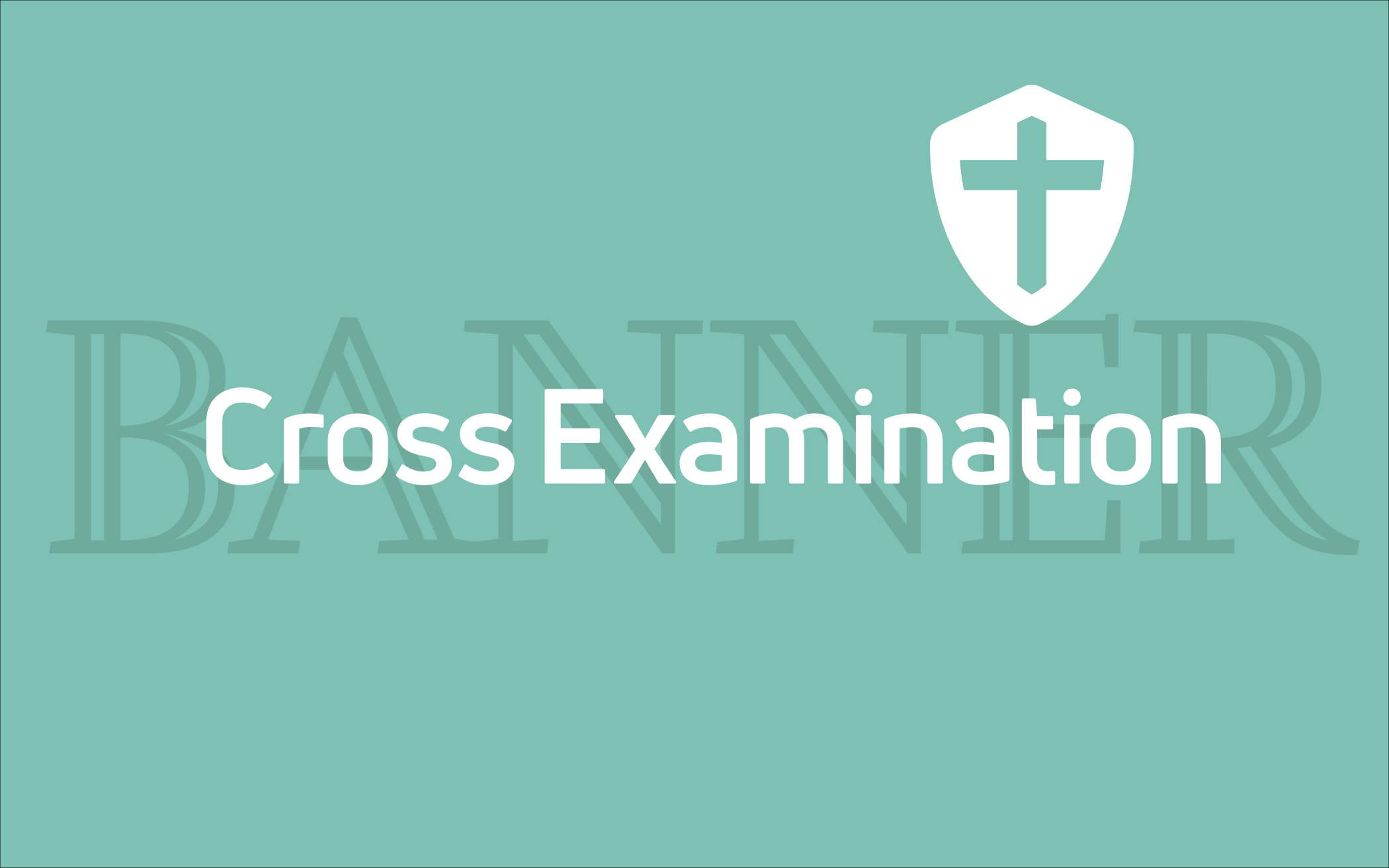On the night of Dec. 6, 1273, priest and theologian Thomas Aquinas had a mystical vision of God. It was such a life-changing, category-breaking, perspective-altering experience that Aquinas never wrote another word. His greatest work—Summa Theologica, which he had been working on for 20 years—was left unfinished. Months after his vision, as his health was failing, he pointed to a bookshelf holding volumes of his written works and said, “After what I have experienced, everything I have written is straw.”
When we talk about the Trinity, we may feel like Aquinas: human language begins to feel like straw, flimsy and easily scattered by the slightest breeze. Even our very best words fail to capture the power, beauty, and glory of the uncreated and everlasting God.
When we consider the strange truth of God’s trinitarian nature—one God in three persons—we are attempting to peel back and peer into a special way of being that is utterly unique and beyond comparison to anything we know. Some have tried to find simple ways to describe the Trinity, such as a three-leaf clover, or water’s three forms of liquid, solid, and vapor. But these kinds of illustrations easily veer into the three common heresies of modalism, subordination, and tritheism. All three heresies articulate untrue things about God because they pull apart two fundamental and orthodox beliefs about the Trinity that need to be held together in tension: that God is one and yet, at the same time, is three distinct, equal persons.
The creeds of the church are helpful as we wade into these mysterious waters because they succinctly summarize the essentials of orthodox trinitarian belief. One of the most important summaries is found in the Athanasian Creed, named after Athanasius of Alexandria (293-373), a champion of orthodoxy against the trinitarian heresies of his day. The Athanasian Creed stays faithful to God’s self-revelation in Scripture when it says:
We worship one God in trinity and the trinity in unity, neither blending their persons nor dividing their essence. For the person of the Father is a distinct person, the person of the Son is another, and that of the Holy Spirit still another. But the divinity of the Father, Son, and Holy Spirit is one, their glory equal, their majesty coeternal.
God has created human beings to be persistent seekers of truth. Built into our very nature is an insatiable hunger to know more deeply. Our seeking to understand is not a mere intellectual endeavor, but a wholehearted quest to know and be known in relationship.
When our finite minds hit a roadblock to knowledge, love can lead the way. This is how the apostle Paul prays for the church in Ephesians 3:14-19 (notice the Trinity): “For this reason I kneel before the Father. … I pray that out of his glorious riches he may strengthen you with power through his Spirit in your inner being, so that Christ may dwell in your hearts through faith, … (that you) grasp how wide and long and deep is the love of Christ, and (that you) know this love that surpasses knowledge.”
The creeds of the church are essential, but in the end, God is not a definition, an equation, or an explanation. God is a living being who blazes with glory, goodness, and grace. We might never completely understand how God can be both one and three at the same time, but we can grow in our knowledge of God by loving him and loving those around us.
About the Author
Sam Gutierrez is the Associate Director at the Eugene Peterson Center for the Christian Imagination at Western Theological Seminary. More of his creative work can be found at printandpoem.com









